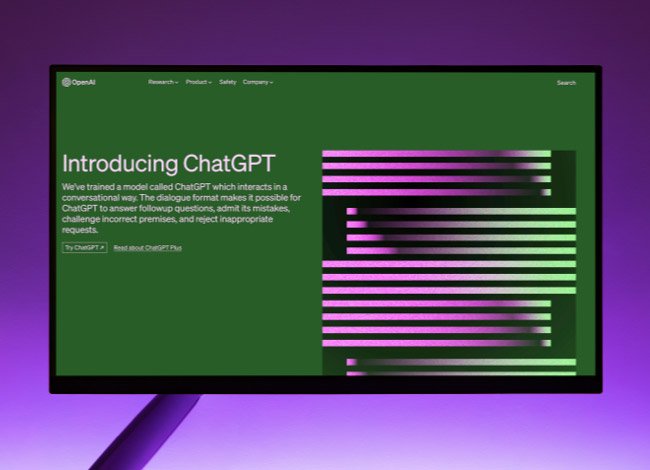As global macroeconomic conditions impact various sectors, innovations in technology are reshaping how we access and process information. Among these innovations, Chat GPT, developed by OpenAI, stands out as a transformative tool in the realm of conversational AI. This advanced language model is changing the way we interact with technology and retrieve information, offering new possibilities for businesses and individuals alike.
Chat GPT: A Leap Forward in Conversational AI
Chat GPT, or Generative Pre-trained Transformer, represents a significant advancement in the field of artificial intelligence. Unlike traditional search engines or information retrieval systems, Chat GPT engages in human-like conversations, providing users with more intuitive and accurate responses. “Chat GPT represents a leap forward in conversational AI, providing users with intuitive and accurate information access,” says Dr. Lisa Nguyen, AI Specialist at Cloudovus. This capability makes it easier for users to obtain relevant information and interact with technology in a more natural and efficient manner.
Natural Language Processing (NLP)
One of the key advancements of Chat GPT is its enhanced Natural Language Processing (NLP) capabilities. The model is designed to understand and generate human-like text with remarkable accuracy, enabling it to interpret complex queries and provide coherent responses. This advanced NLP ability allows Chat GPT to comprehend context, handle nuanced language, and engage in meaningful conversations. “The enhanced NLP capabilities of Chat GPT enable it to grasp the intricacies of human language and provide more relevant and contextually appropriate responses,” Nguyen explains. This improvement significantly enhances the user experience, making information retrieval more seamless and effective.
Personalized Responses
Chat GPT excels in delivering personalized responses tailored to individual queries and contexts. By leveraging its understanding of language and context, the model can provide answers that are specifically relevant to each user’s needs. This personalization extends beyond generic responses, offering insights and information that align closely with the user’s intent. “Personalized responses are a game-changer, allowing users to receive information that is directly relevant to their specific queries and context,” Nguyen adds. This capability enhances the efficiency of information retrieval, making it easier for users to find exactly what they are looking for.
Efficient Information Retrieval
Another significant advantage of Chat GPT is its ability to provide quick and relevant answers to complex questions. The model’s proficiency in processing and synthesizing information allows it to deliver responses swiftly, reducing the time users spend searching for answers. This efficiency is particularly valuable in fast-paced environments where timely access to information is crucial. “By leveraging Chat GPT, businesses and individuals can access information more efficiently and effectively, transforming how we interact with technology,” Nguyen notes. This efficiency not only improves productivity but also enhances overall satisfaction with information retrieval processes.
Conclusion:
Chat GPT is reshaping the information landscape with its advanced capabilities in natural language processing, personalized responses, and efficient information retrieval. By providing a more intuitive and effective way to access and process information, Chat GPT is setting new standards in conversational AI. Its impact on various industries demonstrates the potential for further innovation in AI technology, paving the way for even more sophisticated and user-friendly tools in the future.





The potential uses for Chat GPT-3 are endless, and it has the potential to revolutionize the way we interact with computers and machines.
Comments are closed.